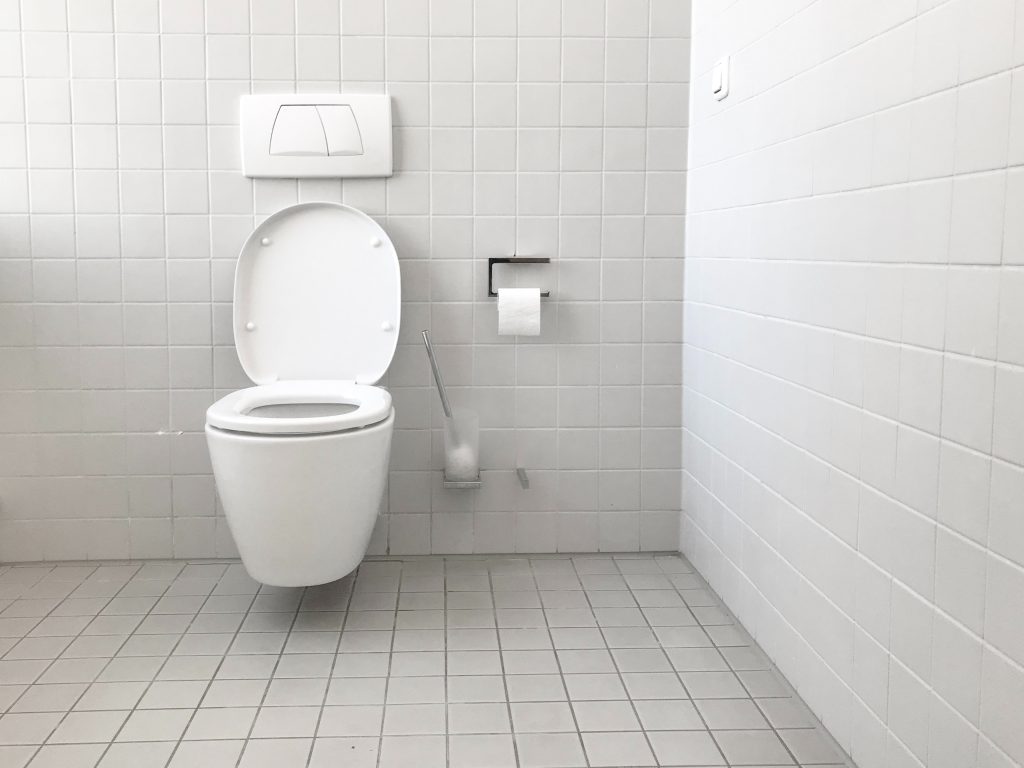Research
Cells found in urine could be the future of kidney transplantation
7 March 2021
A valuable type of cell that you’ve been flushing away could pave the way for kidney therapies in transplantation.
In the middle ages disease diagnosis by doctors involved the inspection of patient urine and comparing it to a 21-colour chart (or urine wheel). The imagery of doctors tilting flasks full of wee toward the light was so important that it became the medieval equivalent of the modern stethoscope as a symbol of the profession1. Nowadays, the use of chemical testing helps clinicians paint an accurate picture about, amongst other things, the health of our kidneys.
Aside from its diagnostic use in modern medicine, is our pee actually useful in a therapeutic capacity? And in particular to transplantation medicine? In 2008 medical researchers saw that there were cells in human urine that could have some medical use.
The cells that researchers were observing in urine were a type of stem cell. We have lots of stem cells in our bodies – especially before we were born and were developing in the womb. These cells are very are important because they are akin to a ‘factory default’ cell and are the originators of many different types of cells that make up our different tissues and organs. As an adult, the most abundant place to find stem cells is in our bone marrow, and these stem cells exist to turn into the different cells found in our blood, such as the many kinds of white blood cells that fight off infection when we need them, or red blood cells to carry more oxygen. But stem cells also have the unique ability that allows them to ‘self-renew’ meaning that a population stay as stem cells and maintaining this pool allows an unlimited supply of all the other types. So, it was very surprising to find such a valuable resource being simply flushed away.
Sadly, not every organ has stem cells that allow it to regrow or regenerate – meaning we need organ transplants when these organs fail. In the field of regenerative medicine, researchers are hoping to change that fact by using our own stem cells and coaxing them in a lab to turn into specific cell types that could be used to repair and build new tissue, or eventually be used to grow a whole new organ.
Last year, researchers confirmed that a range of kidney stem cells exists in our urine2 and these can be collected and grown in a lab, potentially paving the way for regenerative kidney treatments. This discovery is important as regenerative cell therapies requires millions of stem cells and collecting these urine stem cells is non-invasive, ethical and could provide a virtually continual supply – some could say p*** easy. These stems cells are also extremely valuable because they can also be reprogrammed into other tissues and, since their discovery, scientists have shown that urine stem cells have the ability to be turned into kidney tissue, bone marrow, muscle and even heart cells3.
Growing a new kidney is a long, long way off, but in the short-term stem cells are proving useful in other ways. They can be used to grow miniature organs, called organoids, or organs-on-chips that can be used to study kidney diseases and therefore new treatments to prevent or slow renal failure. Kidney stem cells are also being investigated as a treatment for aiding kidney transplants, whereby they are used to help donor kidneys repair and recover before being transplanted. We recently funded a transplant surgeon looking at using stem cells in this way as a means to increase the number of kidney transplants. Technology that has shown promising results.
Whilst there is a lot still to uncover, kidney stem cells found in our urine could shape the future of transplant medicine.
Sources:
https://www.thelancet.com/pdfs/journals/lancet/PIIS0140673699903562.pdf
https://www.nature.com/articles/s41598-020-57723-2
https://doi.org/10.1016/j.gendis.2014.07.001

